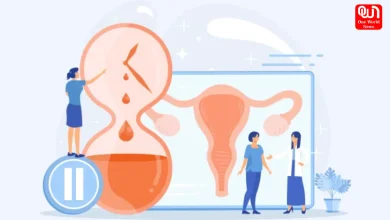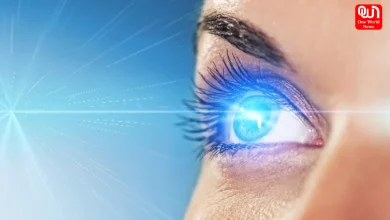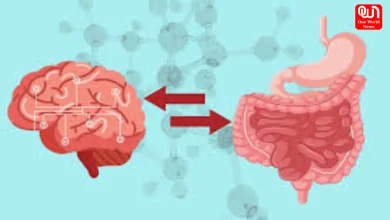Unlock Healthy And Protein-Rich Diets For HIV Patients To Boost Energy
Staying on the right diet and consuming foods that are rich in proteins are important for the HIV patients
Healthy And Protein-Rich Diets For HIV Patients To Boost Energy
Staying on the right diet and consuming foods that are rich in proteins are important for the HIV patients as a way of gaining needed energy and build up on the immune system. Diet enables the control of the manifestations of the disease, muscle strength preservation and general health promotion. Here are key components of a nutritious diet for HIV patients:Here are key components of a nutritious diet for HIV patients:

Read more –Unlocking the Benefits: Why You must have a Fish Oil Diet
Lean Proteins:
Due to this reason, protein is one nutrient required in the HIV patient’s diet due to its critical role in tissue repair and construction. Lean meat like chicken, turkey, fish, eggs, tofu, beans, and peas should be consumed in all meals. It ensures that the muscle mass is well retained while at the same time being a source of energy. To all the vegetarians and vegans out there, beans, lentils, chickpeas, and quinoa are great options that provide protein.
Whole Grains:
Brown rice, quinoa, oats, whole wheat bread chocolates and the likes contain complex carbohydrates, slow energy in the system. At the same time, they are all sources of fiber, vitamins and minerals which contributes to the correct functioning of the gastrointestinal tract and the stabilization of the levels of glucose in the blood.
Fruits and Vegetables:
Preparing and consuming a colourful diet of fruits and vegetables are advised daily to get different vitamins, minerals and antioxidants. These nutrients are well known to help the immune system and fight against oxidative stress. Dark green leafy vegetables, berries, citrus fruits, and cauliflower and broccoli formed the group of foods that are most beneficial.
Read more –5 Foods Never to Pair with Your Tea: Unhealthy Food Combinations to Avoid
Healthy Fats:
Reducing carbohydrate intake and replacing it with fatty and healthy fats will help secrete energy and a healthy body. Examples of the foods that have healthy fats are avocados, nuts and seeds, olive oil, and fatty fish such as salmon and mackerel. These fats play role in the digestion of fat soluble vitamins and contain fats that are essential to human body and cannot be synthesized by humans.
Hydration:
Hydration is very important for human body whether it is in warm or cold climate. The best of them all is water, but other liquids such as tea and natural fruit juices also help with the replenishment of the body fluids. Drinking fluids helps in the process of digestion and absorption of nutrients and also provides energy.
Supplements
Due to the effects of HIV on nutrient absorption, HIV patients may need supplements consisting of Vitamin D, B vitamins, and Omega-3 fatty acids. Still, it is always advisable to consult the doctor before using any supplements to know if they are safe and will be useful for you.
HIV patients can greatly improve their health and energy levels by eating a balanced, high-protein diet that includes lean proteins, whole grains, fruits, vegetables, and healthy fats. They can also benefit from taking vitamins and staying well hydrated. Consulting healthcare providers and nutritionists is helpful in cases determining a diet that would correspond to an individual’s requirements.
Like this post?
Register at One World News to never miss out on videos, celeb interviews, and best reads.








